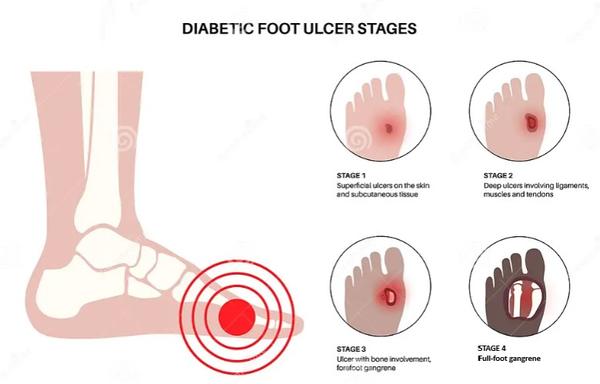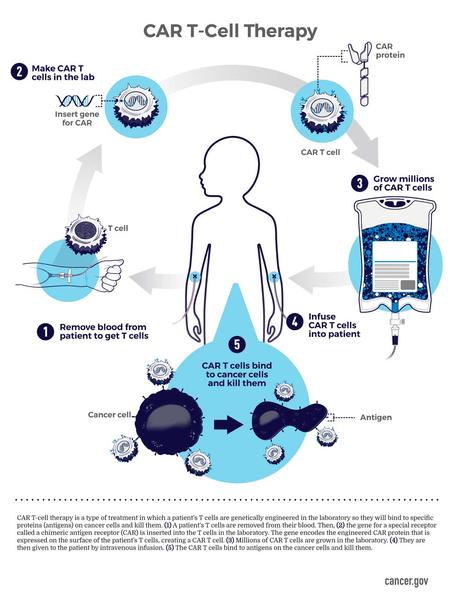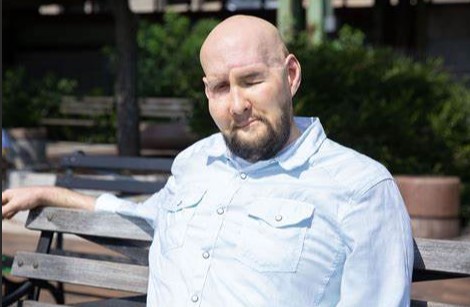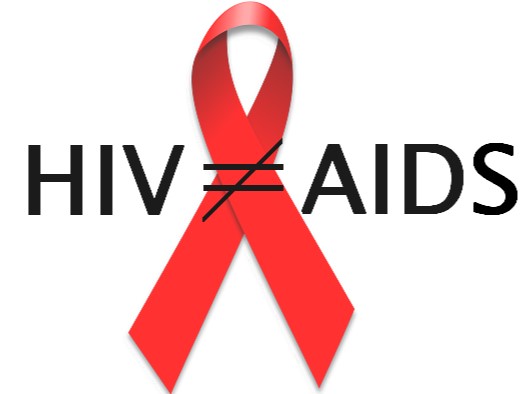Targeted immunotherapy to treat a variety of cancers is gaining a lot of traction due to the results of many successful clinical trials.
Cancer is currently the second leading cause of death in the United States (reference: Cancer Statistics) with heart disease being the number one killer. Every
year, many new cancer diagnoses are increasing.
Just this week, the American Cancer Society (ACS) released Cancer Statistics, 2025, the organization's annual report on cancer facts and trends. The new findings show the cancer mortality rate declined by 34% from 1991 to 2022 in the United States. However, this progress is jeopardized as the number of cancers being diagnosed is growing at an alarming rate for many cancer groups.
In its findings, The
American Cancer Society projects more than 2 million new cases of cancer will be diagnosed in 2025. A major shift is the cancer incidence rates among women under age 50 that were 82% higher than their male counterparts in 2021, up from 51% in 2002. Women aged 50-64 are also getting cancer at higher rates than men.
In particular, breast cancer has been rising faster among women under 50 (increasing by 1.4% a year since the mid 2000s).
Colorectal cancer
(a term used to describe both colon and rectal cancer) is also rising at alarming rates. The American Cancer Society estimated 152,810 new cases of colorectal cancer were diagnosed in 2024. Specifically for those aged 15-39, colorectal cancer cases have gone up by 93.1% between 2000 and 2021. The incidence of early onset colorectal cancer is expected to increase by more than 140% by 2030.
A scientific report released (April 2024) in the ASM Journal, Microbiology
Spectrum (reference: https://journals.asm.org/doi/10.1128/spectrum.02720-23) discovered patients with an
aggressive form of colon cancer have unusually high levels of three bacteria in their guts. These are fusobacterium, clostridium and shewanella that have all been linked to diets high in processed foods and sugar, and low in fiber. Having a diet that lacks natural, unprocessed grains, fruits and vegetables raises the risk of this bacteria's population to surge in the gut and the use of antibiotics also causes this bacteria to proliferate.
Chemotherapy has
been the standard systemic treatment for many cancers (particularly solid and blood cancers) for over seven decades. Recent clinical studies show the major drawback of regular chemotherapy is it increases the expression of PD-L1 in almost all kinds of cancers. PD-L1 is a protein found on the surface of cancer cells. It interacts with a protein called PD-L1 on immune system cells called T cells, instructing the T cell to leave the tumor cell alone. High levels of PD-L1 (that
chemotherapy provides) turns off T cells, preventing them from attacking cancer cells. This results in the body’s own immune system shutting down and the cancer cells taking over.
Most recent studies explore the abilities of T cells that boost the immune system to mount an attack against cancer cells. The studies show the immune system can be triggered to respond accordingly when it signals danger or encounters a foreign substance.
Many CAR T cell therapies
have now been approved by the Food and Drug Administration (FDA) to treat blood cancers, lymphomas, leukemia, and most recently multiple myeloma. As with all treatments there are associated side effects that need to be addressed. CAR T cell treatment also becomes more challenging when there are solid tumor antigens on normal tissues at varying levels making tumor cell targeting more difficult.
The good news is these more targeted treatments use the body's own built-in
defenses and immunotherapy strategies are tolerated by the body a lot more than traditional chemotherapeutic agents. This is providing less overall risk to the patient, lower mortality rates and giving new hope to fight the relentless fight against cancer.
Professor of Pharmaceutical Services Paul R. Carlier for UI Centre for drug discovery, and College of Pharmacy at the University of Illinois, Chicago explains: "the achievement of new approaches in biological
therapies makes us more confident in treating cancer."
3. Update On Complete Eye Transplant For Aaron James




